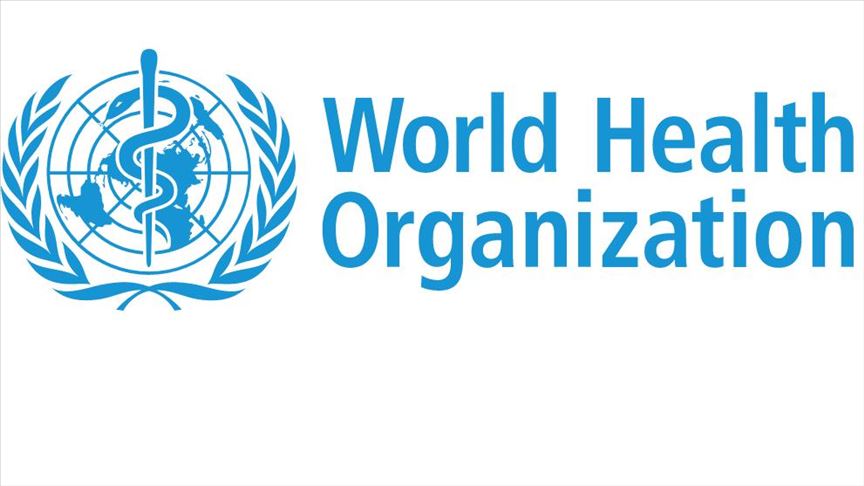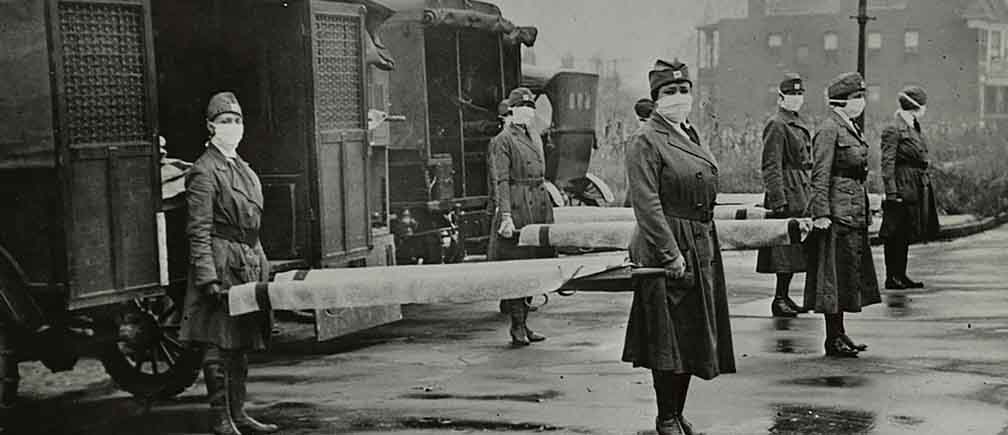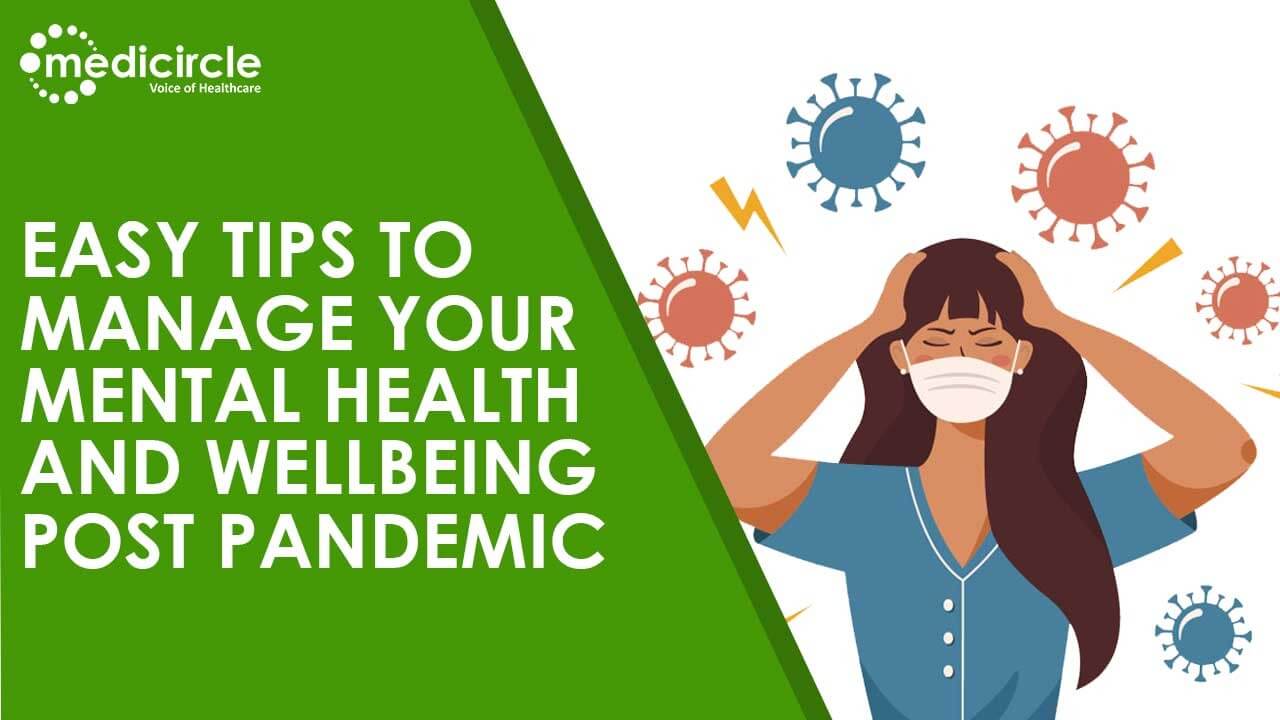In a significant move, the U.S. Preventive Services Task Force (USPSTF) has issued updated recommendations regarding breast cancer screening for women at average risk. The revised guidelines now advocate for screening mammograms every other year starting at age 40, aligning with major organizations like the American Cancer Society and the American College of Obstetricians and Gynecologists.
Understanding the New Guidelines: Previously, the USPSTF recommended that breast cancer screening should begin at age 50, a stance that drew controversy. However, the latest guidelines acknowledge the importance of earlier screening, particularly for women under 50, as evidence shows an increasing number of breast cancer diagnoses in this age group.
Key Takeaways from the Recommendations
1. Earlier Screening Benefits Black Women: The updated guidelines recognize that Black women are at higher risk of breast cancer mortality and often develop breast cancer at younger ages. Starting screening at age 40 can potentially lead to earlier detection and improved outcomes for this demographic.
2. Insurance Coverage Assurance: The USPSTF's recommendation ensures that screening mammograms for women over 40 will continue to be covered by insurance under the Affordable Care Act, providing broader access to preventive care.
3. Reducing Confusion: The shift in guidelines aims to reduce confusion among healthcare providers and patients regarding the appropriate age to initiate breast cancer screening. By setting a clear starting age of 40 for average-risk women, primary care doctors can confidently recommend screening.
Benefits of Early Screening: Early detection through mammograms can significantly improve survival rates and treatment outcomes for breast cancer. Regular screening allows for the identification of abnormalities in breast tissue before symptoms develop, enabling prompt intervention and potentially lifesaving treatments.
The Role of Dense Breasts: Many women have dense breast tissue, which increases the risk of breast cancer. While additional screening with breast ultrasound or MRI may be beneficial for some individuals with dense breasts, the USPSTF acknowledges the need for further evidence to make definitive recommendations in this area.
The USPSTF's updated guidelines represent a significant step forward in women's health, emphasizing the importance of early detection and access to preventive screening for breast cancer. By aligning with leading medical organizations and considering the unique risks faced by different demographics, these recommendations aim to improve outcomes and reduce disparities in breast cancer care. Regular mammograms starting at age 40 can empower women to take proactive steps towards protecting their health and well-being.

 Regular screening allows for the identification of abnormalities in breast tissue before symptoms develop, enabling prompt intervention and potentially lifesaving treatments.
Regular screening allows for the identification of abnormalities in breast tissue before symptoms develop, enabling prompt intervention and potentially lifesaving treatments.




















.jpeg)






.jpg)




.jpg)





.jpeg)
